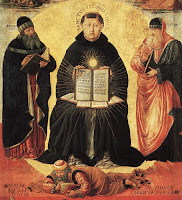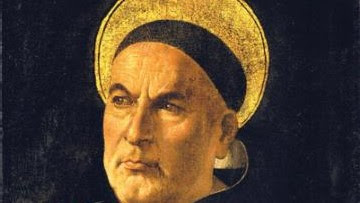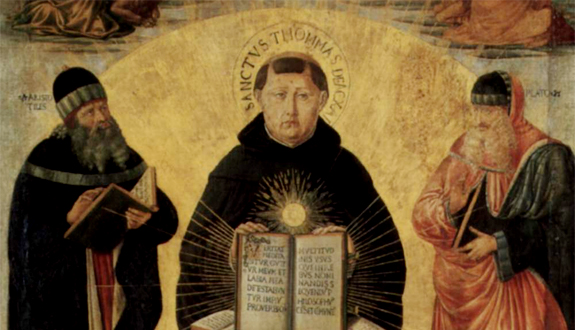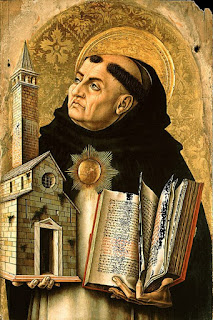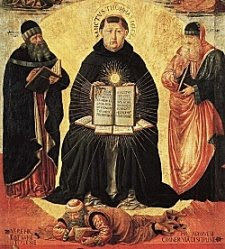St. Thomas Aquinas’ Rejection of Islam was Based on Divine Truth, Not Political Correctness
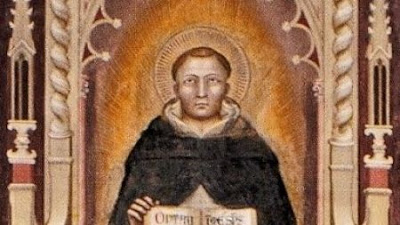
In honor of Saint Thomas Aquinas' feast day, [January 28th] here is the Angelic Doctor’s consideration of Islam and the teachings of its prophet Mohammed. It is noteworthy but hardly surprising that one of the most brilliant theologians in the Church’s history was beholden to truth, not morally devoid political correctness. Aquinas rarely discusses Islam expressly, save for two instances.* In one, he defends Christianity against Muslim objections [See Summa Contra Gentiles ] noting that; the blood of Christian martyrs leads to coverts, whereas Islam is spread by the sword. Moreover, Aquinas compares and contrasts Christ’s selfless divinity with Mohammed’s ruthless inhumanity. To wit, in Aquinas’ own words: He [Mohammed] did not bring forth any signs produced in a supernatural way, which alone fittingly gives witness to divine inspiration; for a visible action that can be only divine reveals an invisibly inspired teacher of truth. On the contrary, Mohammed said that he was se
